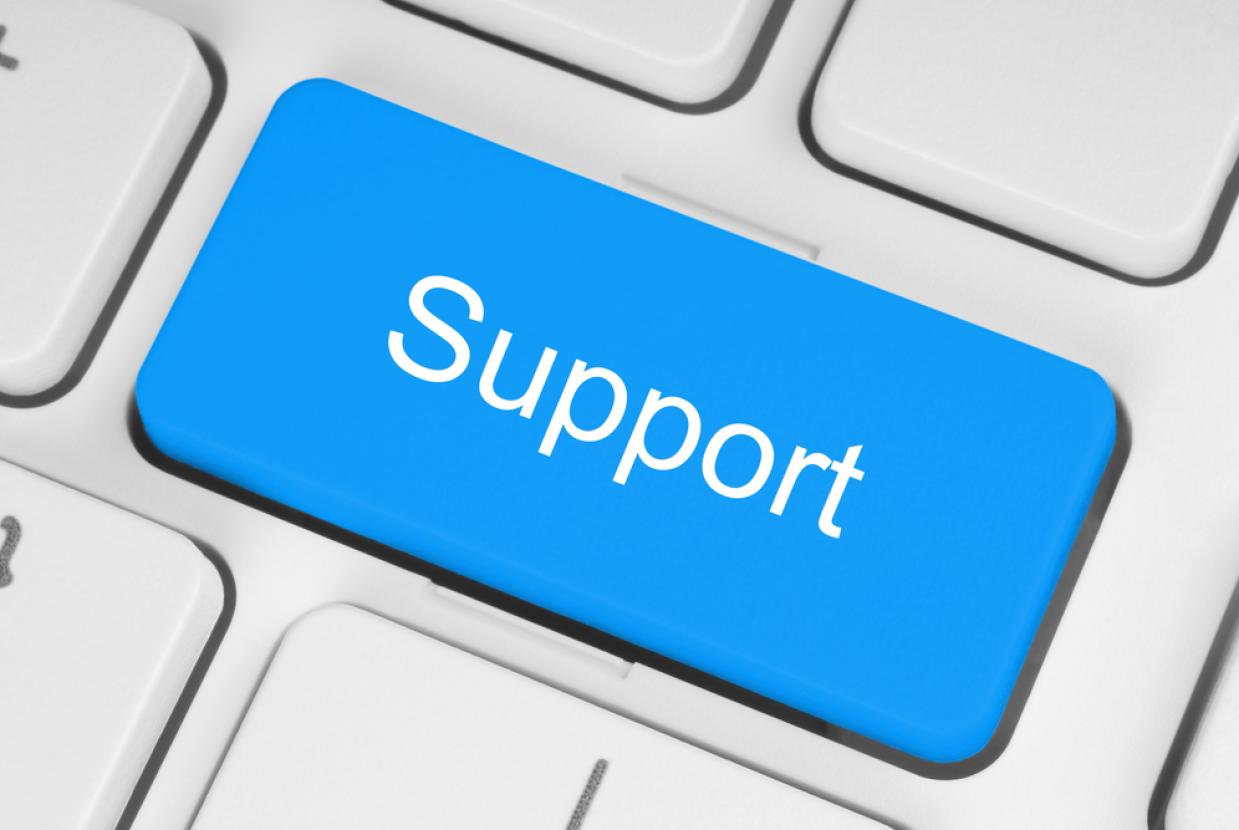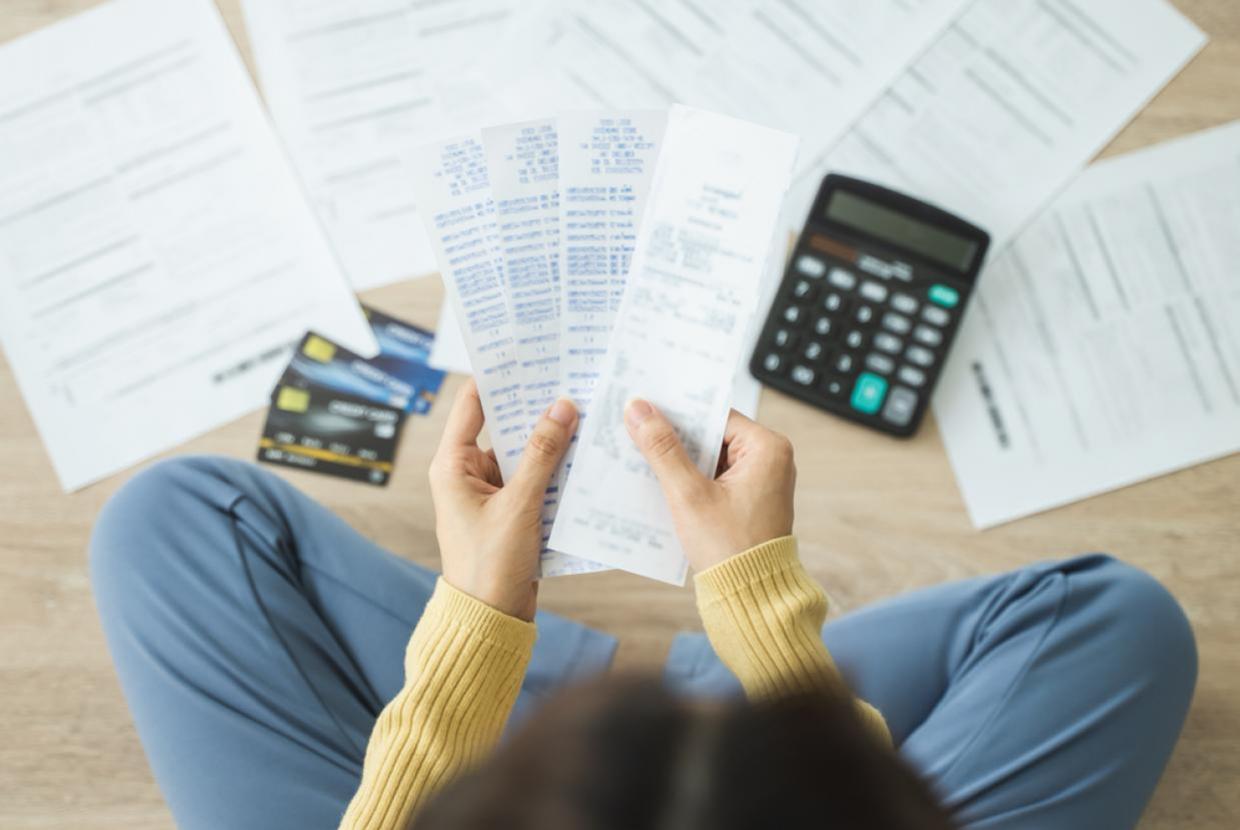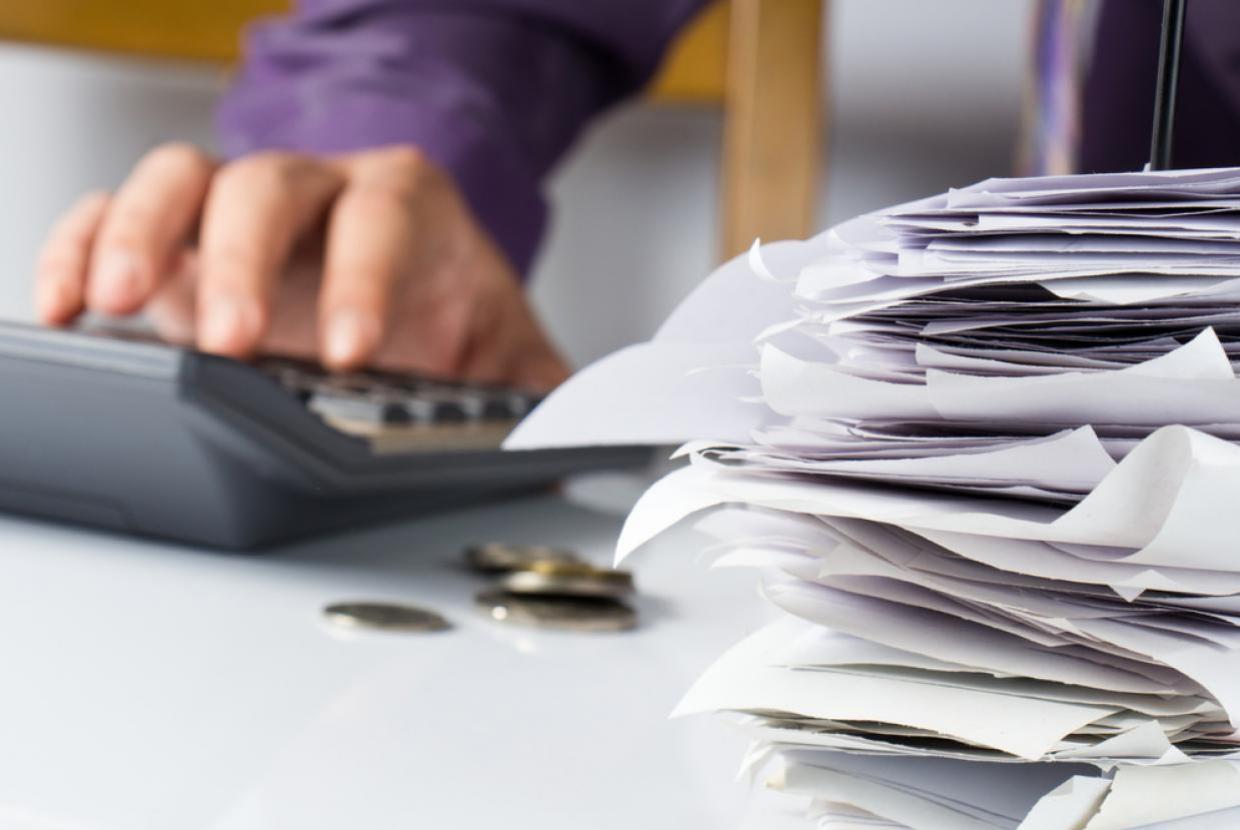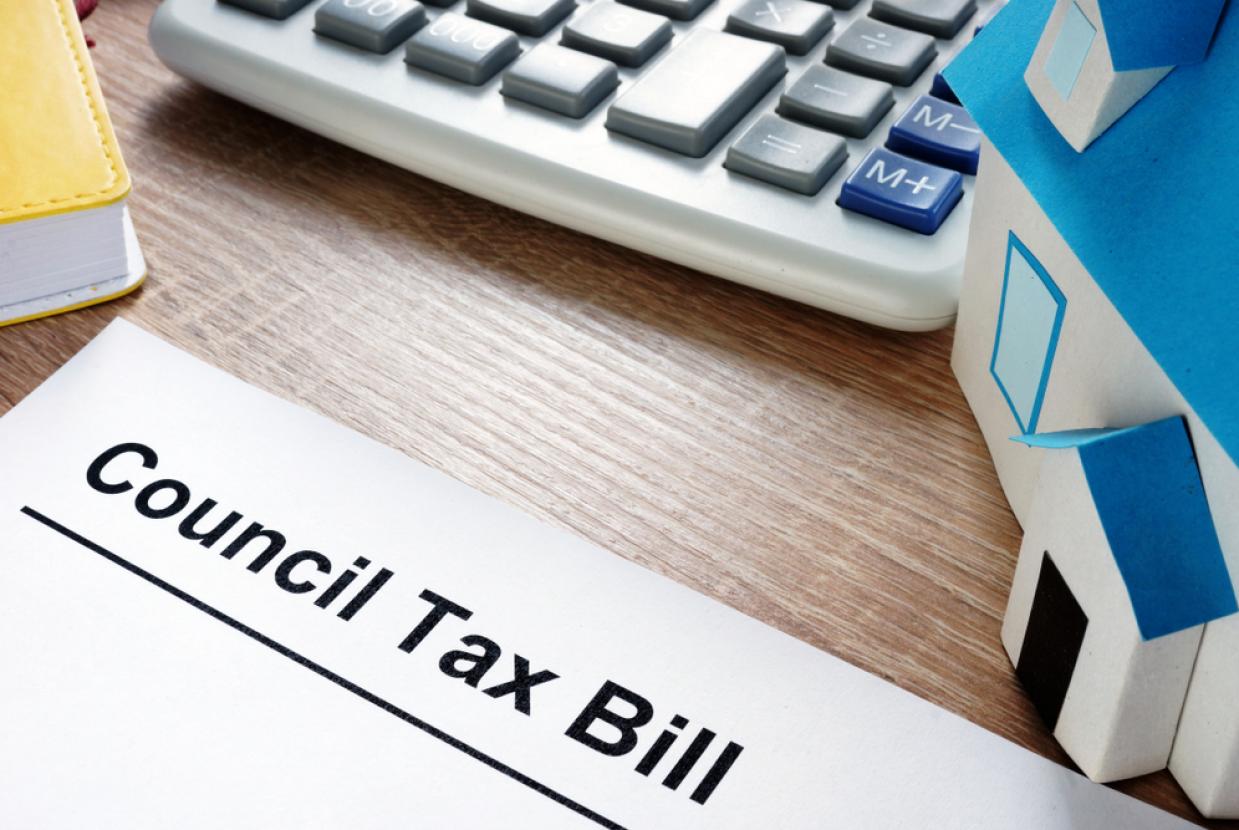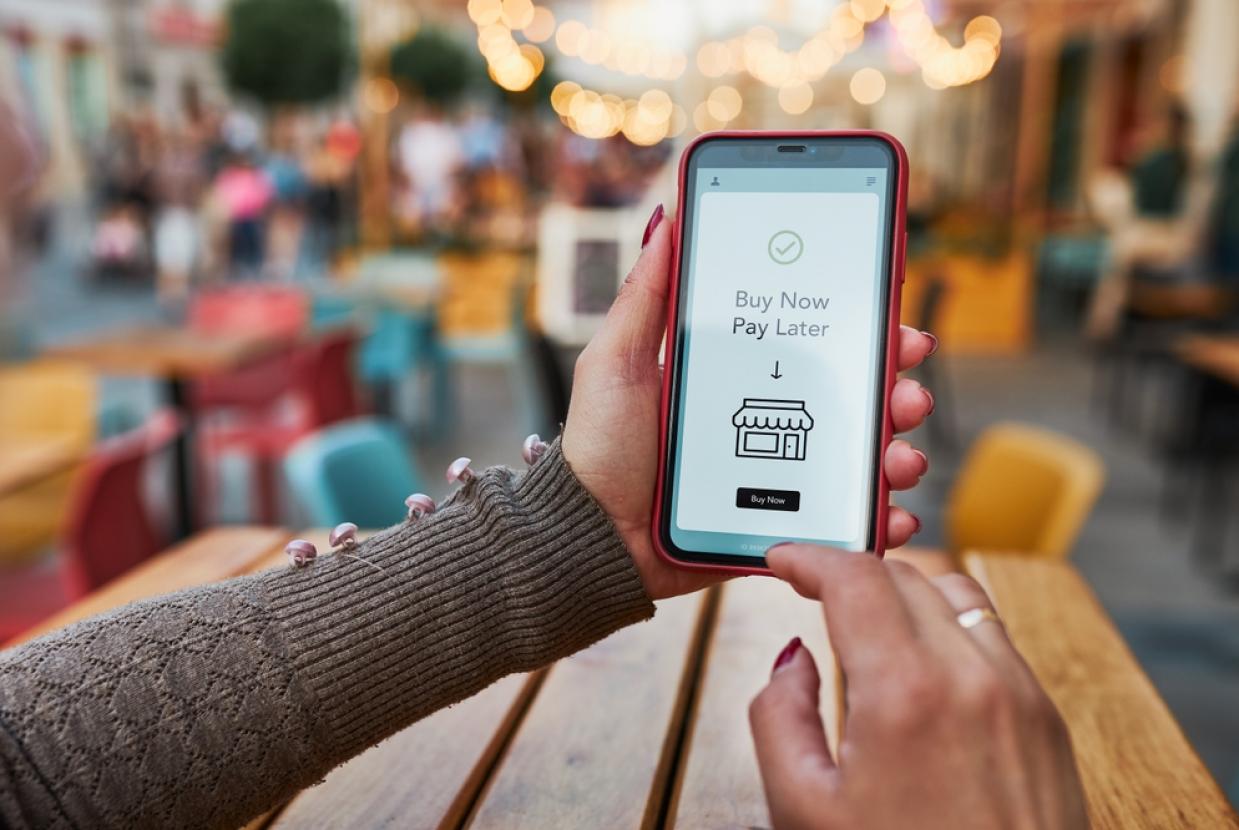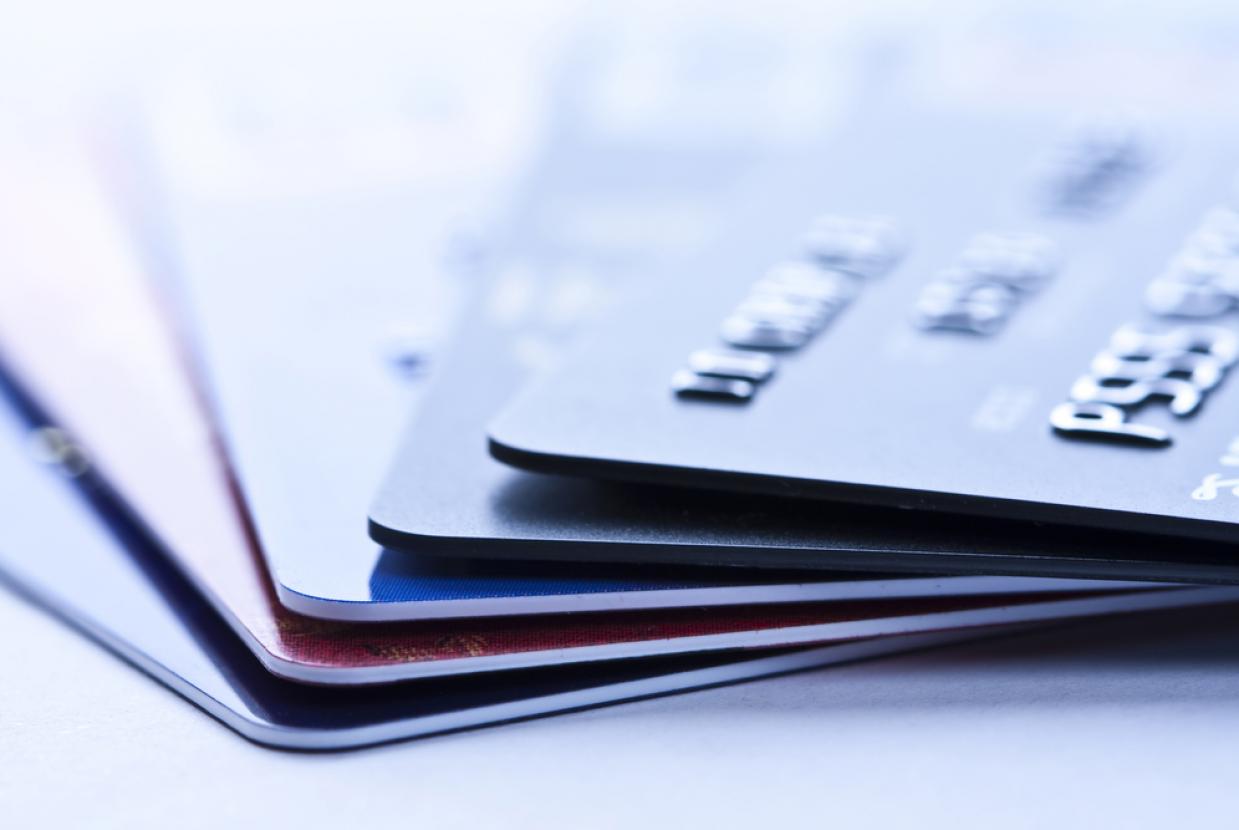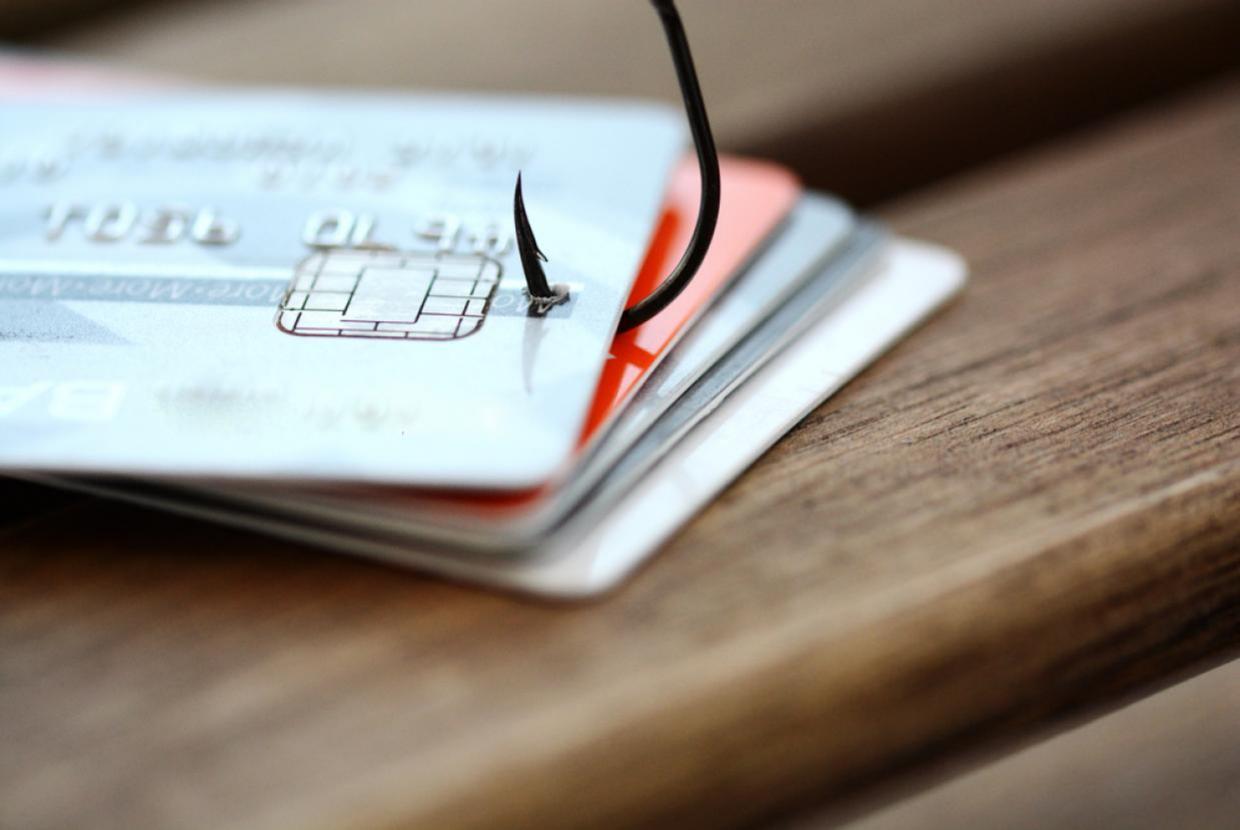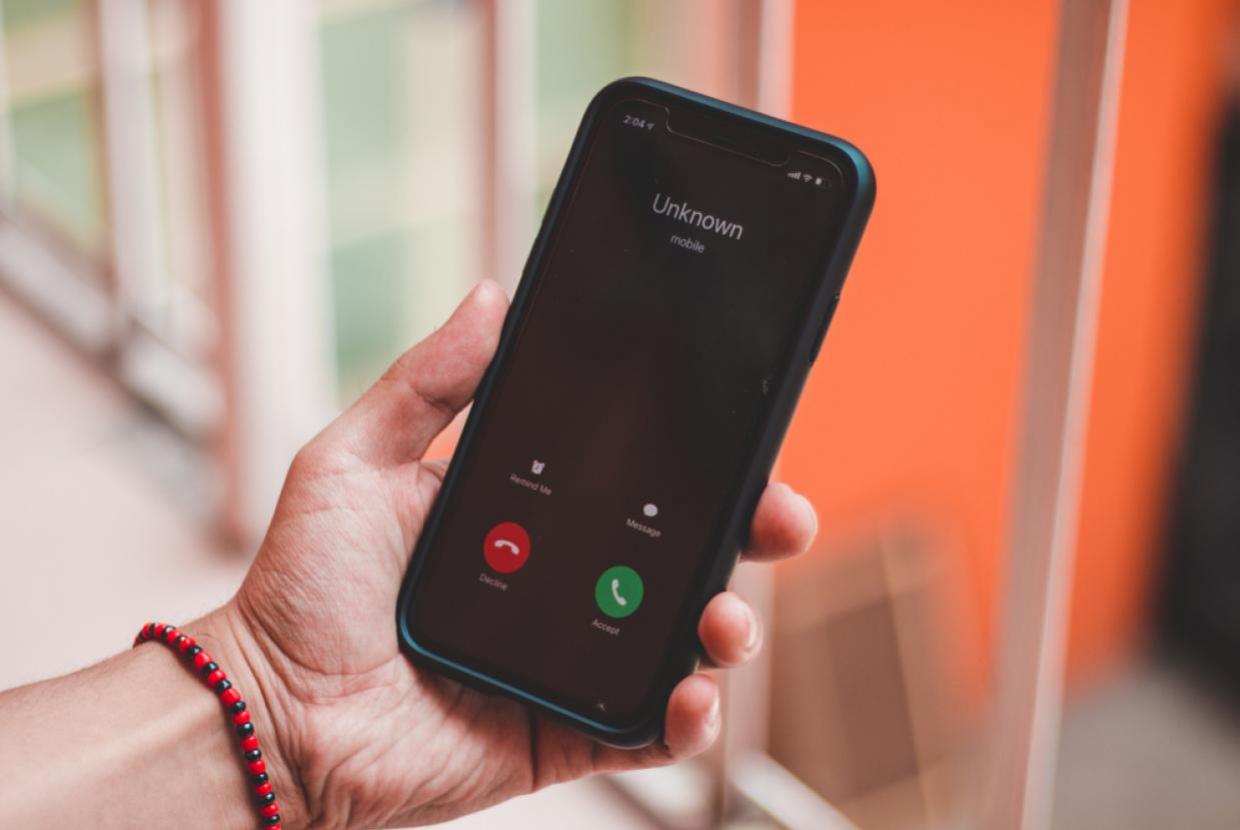Managing Credit Repayments
Once you know where you are and what you owe, take these steps to improve your situation.
Use savings to pay off credit
If you do have savings, even with higher interest rates, the rate you’re getting on them is likely to be less than the interest you’re paying on your credit cards. So it can be better to use some of the money to get your credit balances down.
When you’re back in control of credit again, make sure you build savings up. As a rule of thumb, you should aim for at least three months income to give you the buffer you need.
Don’t take out cash on a credit card
Cash withdrawals on a debit card are fine, but as soon as you take cash out using a credit card, your credit score takes a hit, which can make it more difficult to get credit in the future.
And you get charged extra for taking cash out on credit as soon as you take it out because there is no interest- free period, like there is with purchases. Your best bet is to just not do it.
Check what you’re paying to use your overdraft
When you use your overdraft, you’re going into debt. Overdrafts are typically more expensive than credit cards and loans if you use them long term. Used well, they can have a positive impact on your credit score. To do this, you need to:
- stay within the limit your bank has set for you
- regularly pay off your overdraft.
Your credit score will be negatively affected if you:
- go over your agreed limit without talking to your bank
- do not make significant repayments.
So it’s best to go into your overdraft for short-term borrowing or emergencies only.
If you’re starting to rely on your overdraft rather than use it occasionally, ask your bank if you can have an interest-free buffer – some providers will offer up to £500.
If things are getting overwhelming
If you need to use credit to pay for everyday essentials because you’re struggling to keep up with debt payments, you’re not alone and can take steps to get help.
Talk to your provider about ways you can manage costs and repayments as there is lots of extra support out there. Solutions could include negotiating a repayment plan you can afford or putting you onto a cheaper tariff.
If you’re struggling financially, gas, energy and water providers will often do a free benefits and grants check to make sure you’re getting everything you’re entitled to.













